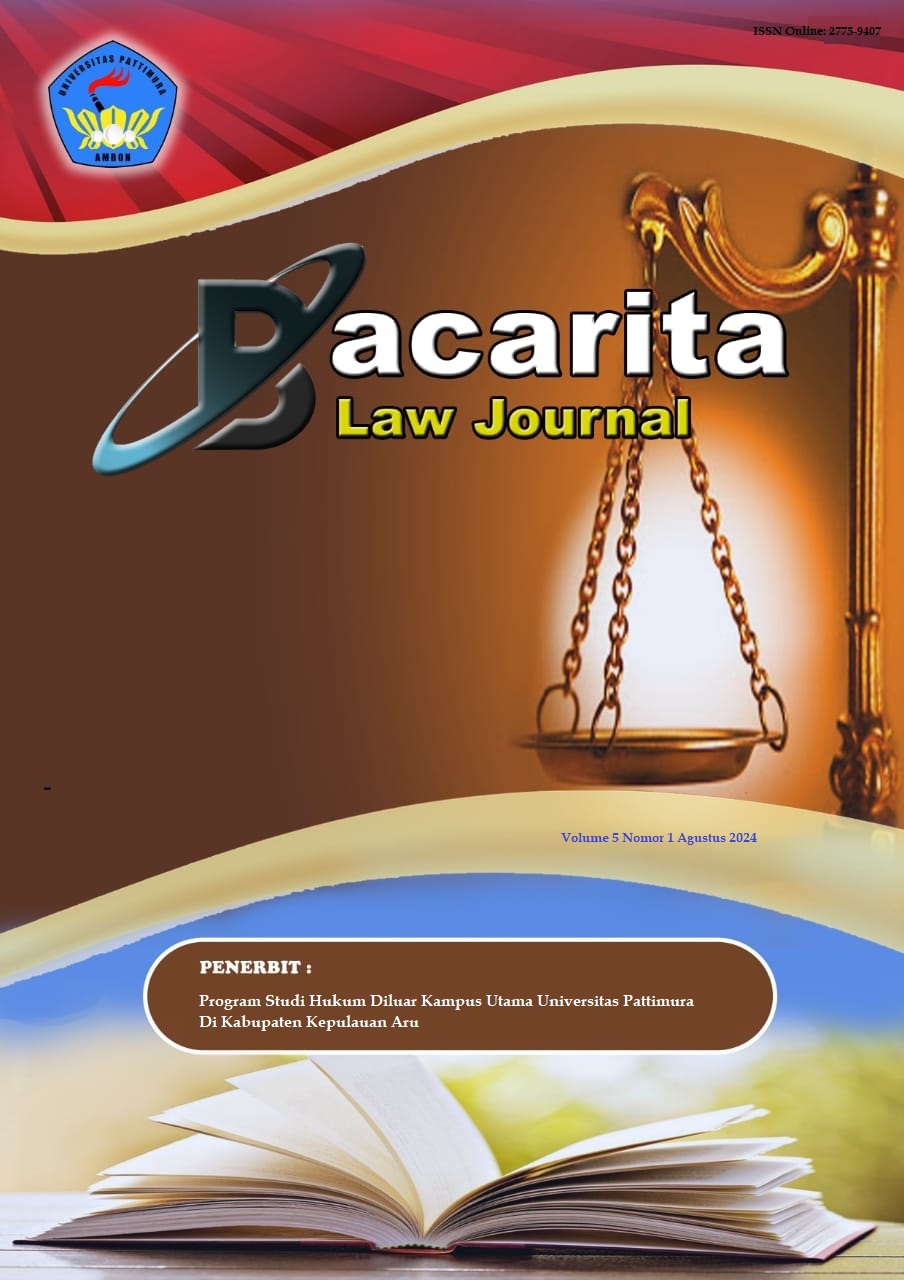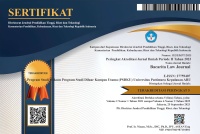Law Enforcement on Consumer Protection for Online Counterfeit Goods Purchases
Abstract
The rapid advancement of information technology has brought significant changes to the world of commerce, particularly through e-commerce. Online buying and selling systems offer convenience to consumers, but they also present new challenges, one of which is the increasing circulation of counterfeit goods. In Indonesia, consumer protection regulations are outlined in Law Number 8 of 1999 on Consumer Protection and Law Number 11 of 2008 on Electronic Information and Transactions. However, despite the clear regulations, the implementation of consumer protection in online transactions still faces obstacles, especially in regions such as Samarinda. This study aims to analyze consumer protection laws in Samarinda, focusing on the roles of Non-Governmental Consumer Protection Agency Borneo and the Police. The findings indicate that protection efforts include consumer education regarding their rights and complaint channels to address counterfeit goods cases. However, low consumer awareness remains a major challenge to the effectiveness of these protections. Moving forward, there is a need to enhance education about the risks of online transactions and improve coordination between agencies to minimize online fraud. Consumer protection depends not only on regulations but also on the active role of society and relevant institutions in creating a safer e-commerce ecosystem. Collaboration among agencies, along with heightened consumer awareness, is key to tackling the problem of counterfeit goods in the online marketplace.
Downloads
References
Bestari, Korban Penipuan Ecommerce RI Makin Banyak, Cek Data Terbaru!, 2023) https://www.cnbcindonesia.com/tech/20230302140853-37-418315/korban-penipuan-ecommerce-ri-makinbanyak-cek-data-terbaru.
Kominfo, Kominfo Catat Kasus Penipuan Online Terbanyak: Jualan Online, 2021) https://www.cnnindonesia.com/teknologi/20211015085350-185-708099/kominfo-catat-kasus-penipuan-onlineterbanyak-jualan-online.
R R Lyia Aina Prihardiati. "The Legal Theory of Development between Das Sein and Das Sollen". HERMENEUTICS: Journal of Legal Studies 5, no. 1 (2021): 84-97. DOI: https://doi.org/10.33603/hermeneutika.v5i1.4898.
Copyright (c) 2025 Sofia Nabila, Rahmatullah Ayu Hasmiati, Rio Arif Pratama

This work is licensed under a Creative Commons Attribution-NonCommercial 4.0 International License.
Authors who publish their manuscripts in this Journal agree to the following conditions:
- The copyright in each article belongs to the author, as well as the right to patent.
- Authors are able to enter into separate, additional contractual arrangements for the non-exclusive distribution of the journal's published version of the work (e.g., post it to an institutional repository or publish it in a book), with an acknowledgment of its initial publication in this journal.
- Authors are permitted and encouraged to post their work online (e.g., in institutional repositories or on their website) prior to and during the submission process, as it can lead to productive exchanges, as well as earlier and greater citation of published work.
- Authors have the right to self-archiving of the article (Author Self-Archiving Policy)















